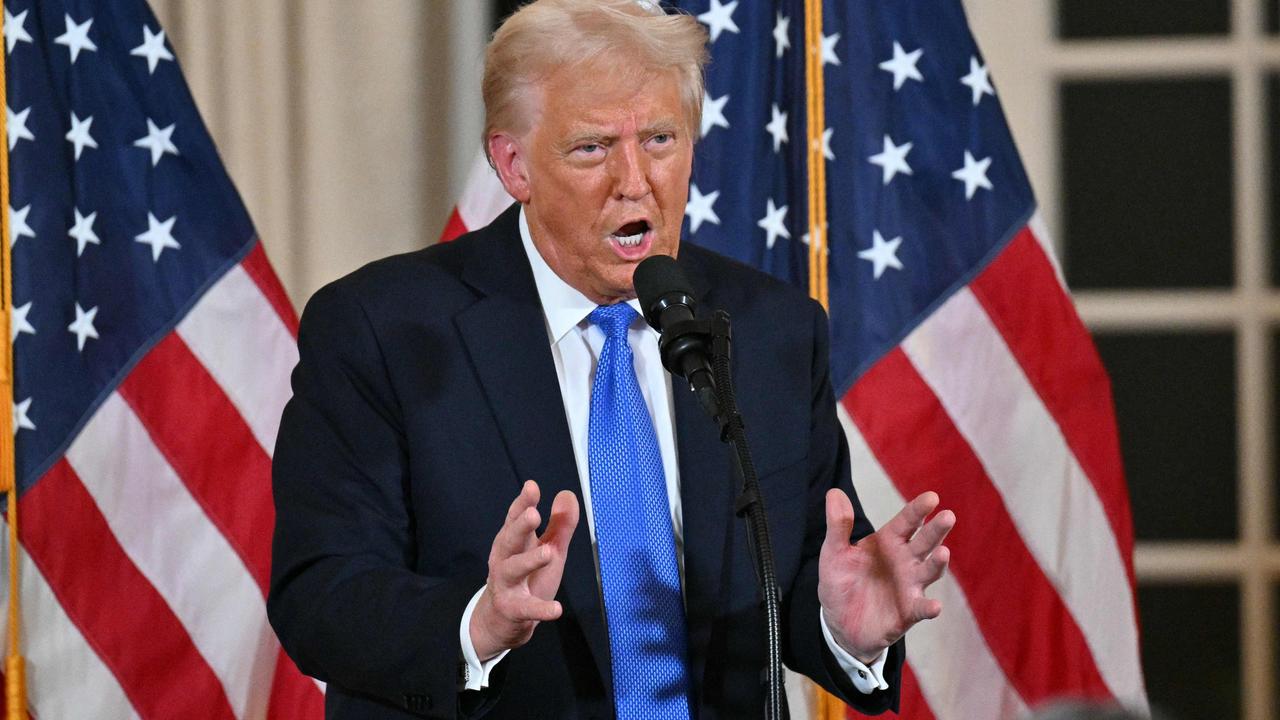Biden in Angola can’t escape questions about his son’s pardon
The US President’s long-anticipated trip to sub-Saharan Africa and roundtable with African leaders, during which he closed his eyes for an extended period, has been overshadowed by his decision to pardon his son.
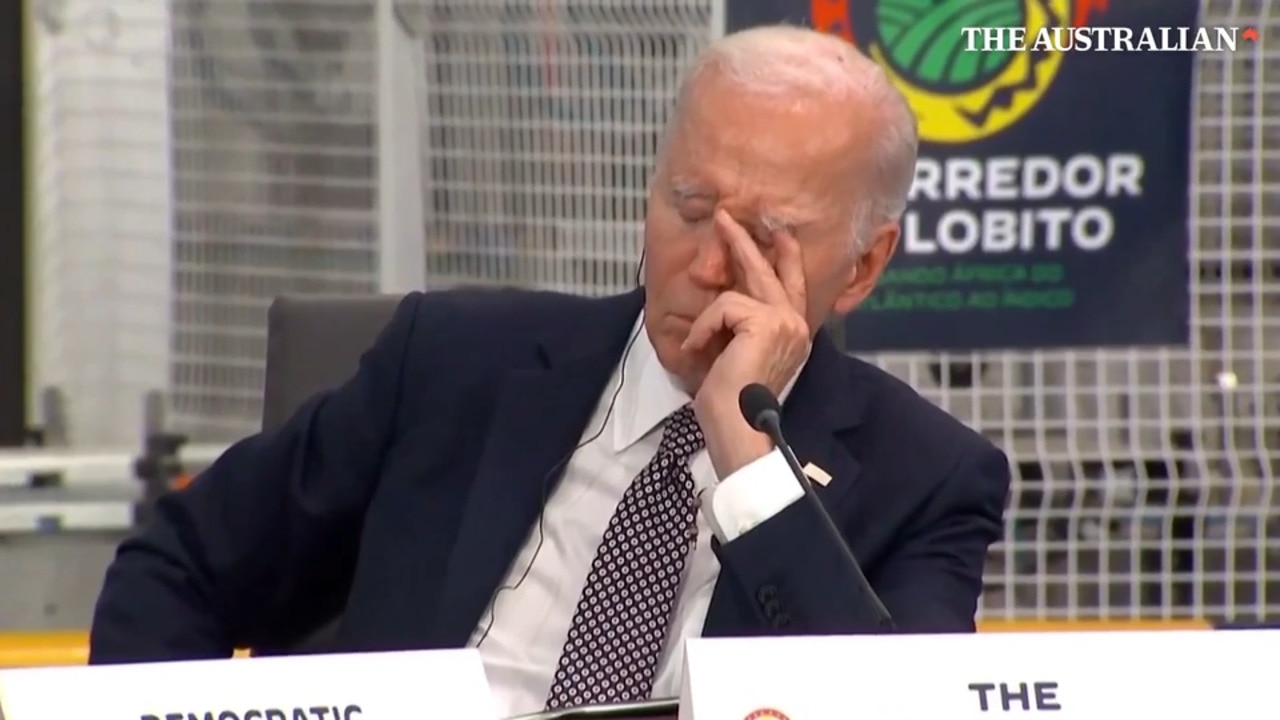
President Joe Biden’s long-anticipated trip to sub-Saharan Africa, the first by a US president in almost a decade, was interrupted by the same question, shouted outside of Angola’s presidential palace, in ornate meeting halls, and on the sidelines of a sunset speech outside the country’s slavery museum: “Mr. President, why did you pardon your son?”
The three-day visit to Angola, scheduled to be Biden’s last foreign trip with six weeks left in his term, fulfilled his promise to travel to the region. It was meant to serve as a capstone in his administration’s efforts to strengthen ties with the oil-rich nation and highlight U.S. investment in the region to push back on China’s influence.
Instead, Biden’s last trip abroad was often overshadowed by events that had taken place at home. First was President-elect Trump’s victory in last month’s elections, casting uncertainty over Biden’s vow that America is “all in on Africa.” Then, shortly before boarding Air Force One on Sunday evening, Biden announced that he was pardoning his son Hunter, going back on his previous promises not to do so.
Arriving in Luanda, far from the backlash at home, Biden received a warm welcome as the shouted questions from the U.S. press corps faded into the background. As his motorcade left the airport, cheers could be heard as hundreds of people lined the streets and crowded onto rooftops and balconies to greet him.
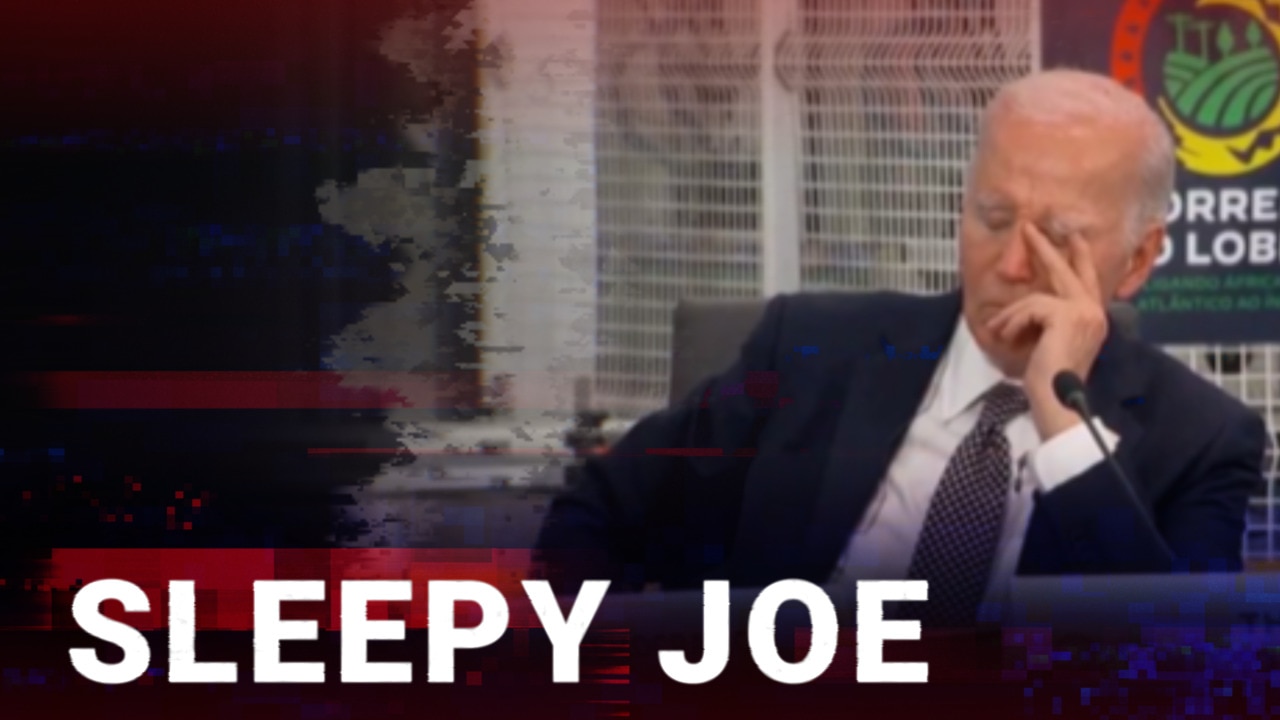
The government declared a two-day public holiday for the U.S. president’s visit, and his face was displayed on massive posters and billboards across the city. And the project he was there to highlight -- a U.S.-backed multibillion-dollar railway -- allowed “Amtrak Joe” to revel in his well-known passion. “I’m a train guy, and I love trains,’” he told the Angolan president, according to an administration official present during the meeting.
As he shuttled around the country, Biden ducked questions about the controversial pardon of his son, which was being met with outrage by Republicans as well as many in his own party back home. “Welcome to America,” he joked to the Angolan delegation at the presidential palace amid shouted questions from the U.S. press about the pardon.
Biden, who at one point closed his eyes for an extended period during a roundtable with African leaders, didn’t hold a news conference during his trip, a once-standard practice on foreign visits.
For Angolans, many of whom seemed bemused by the uproar over the pardon, the visit -- even by a one-term, lame-duck president -- was a major win.
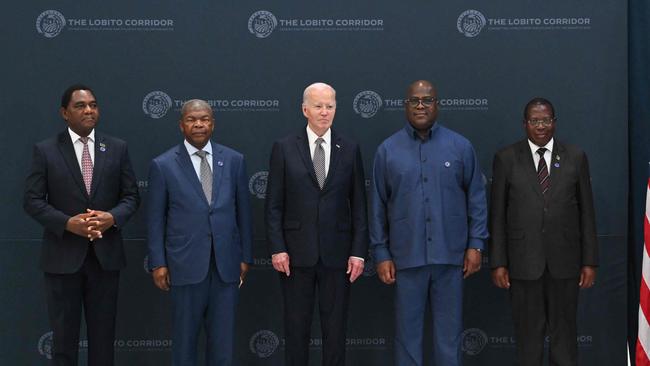
“It’s still a visit by the president of America to Angola, and this would have been unimaginable five years ago,” said one African executive involved in the meetings. “You’re all here, aren’t you?
Biden’s visit, which included an impassioned speech acknowledging the history of the slave trade, largely focused on promoting the administration’s signature initiative in the region -- an 800-mile railway line that is backed by the U.S. and Europe. The line will connect the copper belt of Zambia and the copper, lithium and cobalt mines of the Democratic Republic of Congo with the Angolan port city of Lobito. It’s designed to speed up the transport of critical minerals, including many essential for making batteries for electric vehicles, along the so-called Lubito Corridor to the Atlantic coast for export.
On Wednesday, during a visit to the Lobito port, where he was shown shipping containers and pallets of copper, Biden announced over $560 million in new funding for the project, bringing the total U.S. investments to more than $4 billion.
There are even more ambitious proposals to eventually extend it into Tanzania, connecting the Atlantic and Indian oceans, said Helaina Matza, the State Department’s acting special coordinator for the project.
White House officials insisted the trip amounted to more than checking a box for Biden, pointing to the more than 20 cabinet-level officials who have visited the continent in recent years. The focus on Angola came as the U.S. was expelled from its $100 million drone base in Niger amid a resurgence of Islamist militant groups in Africa’s Sahel region, and Sudan has grown into the world’s largest humanitarian and displacement crisis.
A Trump-shaped shadow hung over Biden’s meetings in Luanda, as some questioned whether his successor would continue to support these long-term projects and relationships. Trump, in his first term, rarely showed an interest in the continent, instead making news for reportedly referring to some African nations as “shithole countries,” cutting foreign aid and including several African countries in his travel ban.
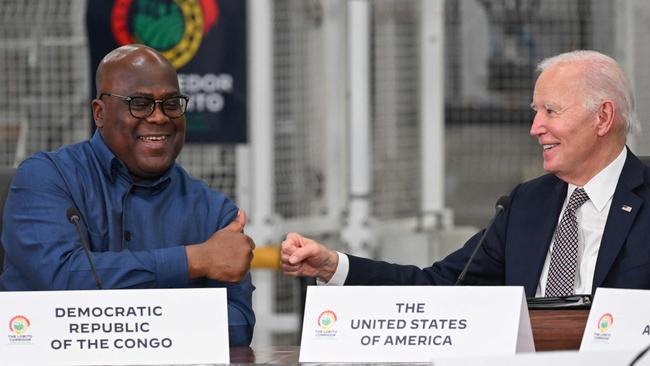
“President Biden’s a lame duck, and the Angolans know it,” says Peter Pham, Trump’s former special envoy to the Sahel region. He said that in interviews with local and international media given by Angolan officials ahead of the visit, “Biden was mentioned in passing, and most of it was spent discussing Trump.” Some Angolan officials joked with U.S. businessmen that they could rename the Lobito Corridor the “Trump Corridor” to guarantee his support, according to people familiar with the remarks, recalling the Polish president’s proposal to name a U.S. military base “Fort Trump.” Angola, at one point, didn’t seem a natural U.S. ally, given its past as a one-party Marxist state with close ties to the Soviet Union and Cuba. After Angola’s almost 30-year civil war, China bankrolled much of its reconstruction -- including more than $45 billion of infrastructure investment.
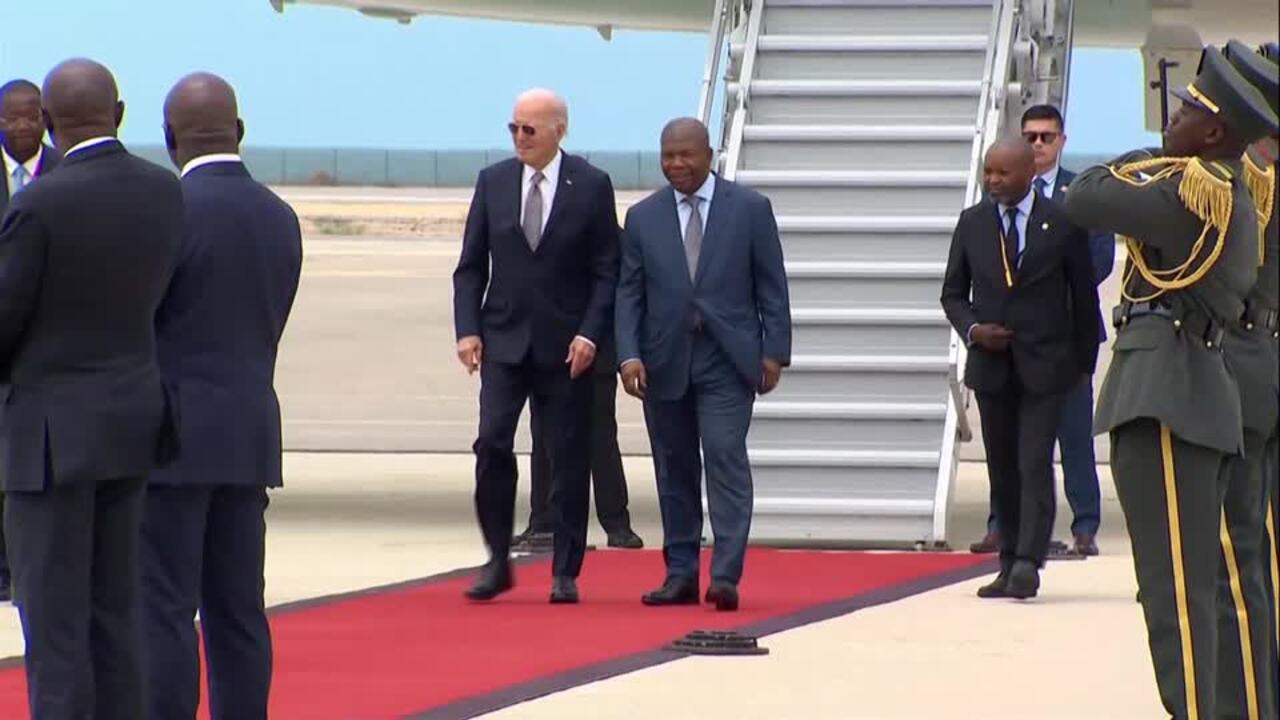
But under President João Lourenço, whose government paid more than $20 million since 2019 for D.C.-based lobbying to make inroads in Washington, Angola has emerged as one of America’s closest partners on the continent. Biden’s trip was the result of years of groundwork by Lourenço to overcome the country’s history of tense relations with the U.S. and position itself as a top partner in the region, Angolan officials said.
Those efforts helped Lourenço secure a coveted Oval Office visit in December 2022, in which Biden declared there was “no country more important than Angola” for the U.S. in Africa.
The Lobito Corridor railway will expedite shipments that used to take 45 days to 45 hours, according to U.S. officials involved in the project, who called it a “game-changer.” They also said it would be important for food security in the region, allowing food shipments to be delivered in a matter of days instead of weeks or months to and from landlocked countries.
U.S. and African officials and executives seemed confident that this project, which focuses on investment that would counter Chinese influence in the region, will fit into the Trump administration’s policies.
Samaila Zubairu, president and CEO of Africa Finance Corp., who met with Biden on Wednesday, expressed confidence that the Trump White House would continue the investment. “I think that they are pragmatic, commercially oriented people, and this is a commercially oriented project,” he said.
U.S. officials echoed this view. “If you want to talk about living in an era of global competition, specifically with China, the Lobito Corridor is the heart of that,” a senior administration official said when asked about the venture’s future under Trump.
Biden also appeared optimistic about the project’s future, and his own. “I’m coming back to ride on the train,” he promised, “all the way from end to end.”
The Wall Street Journal


